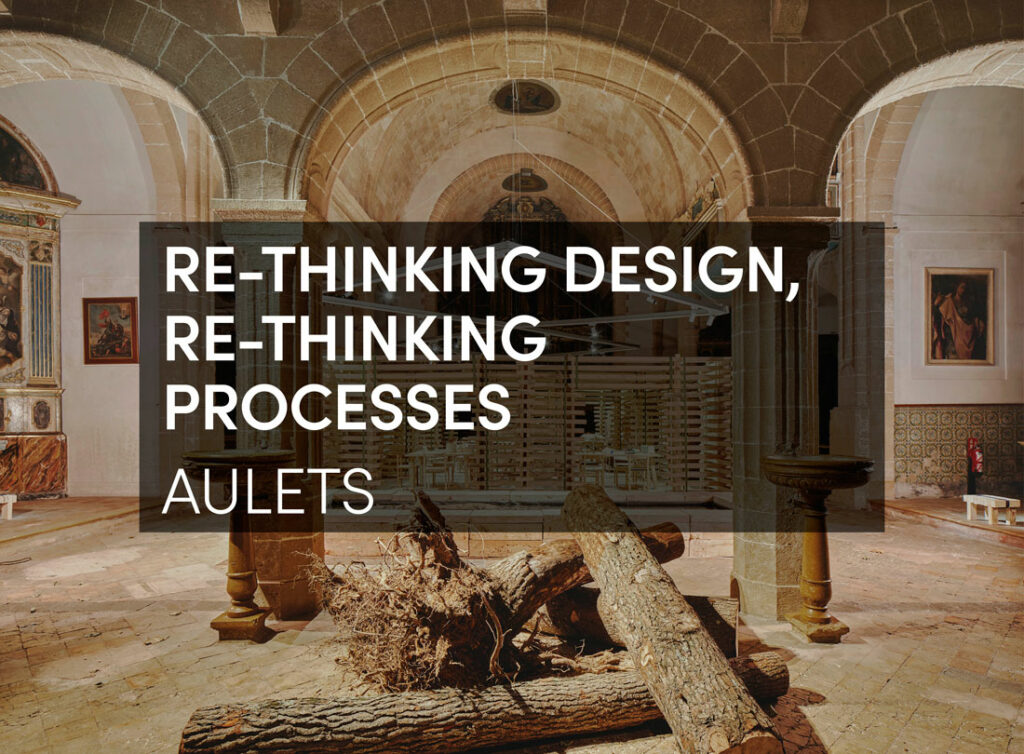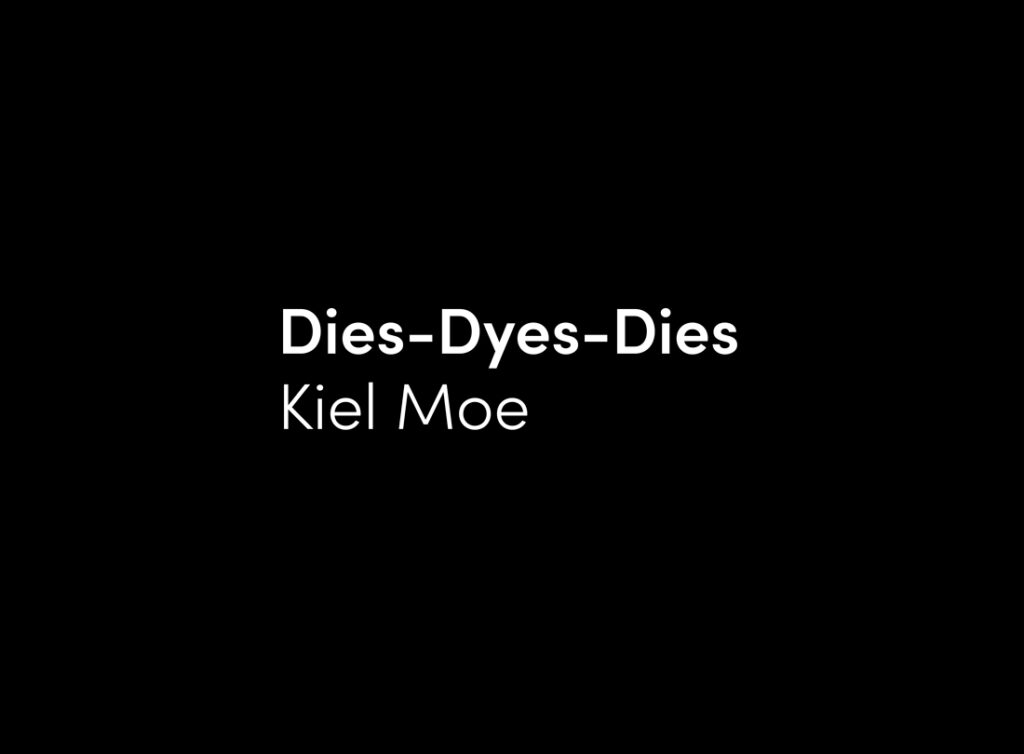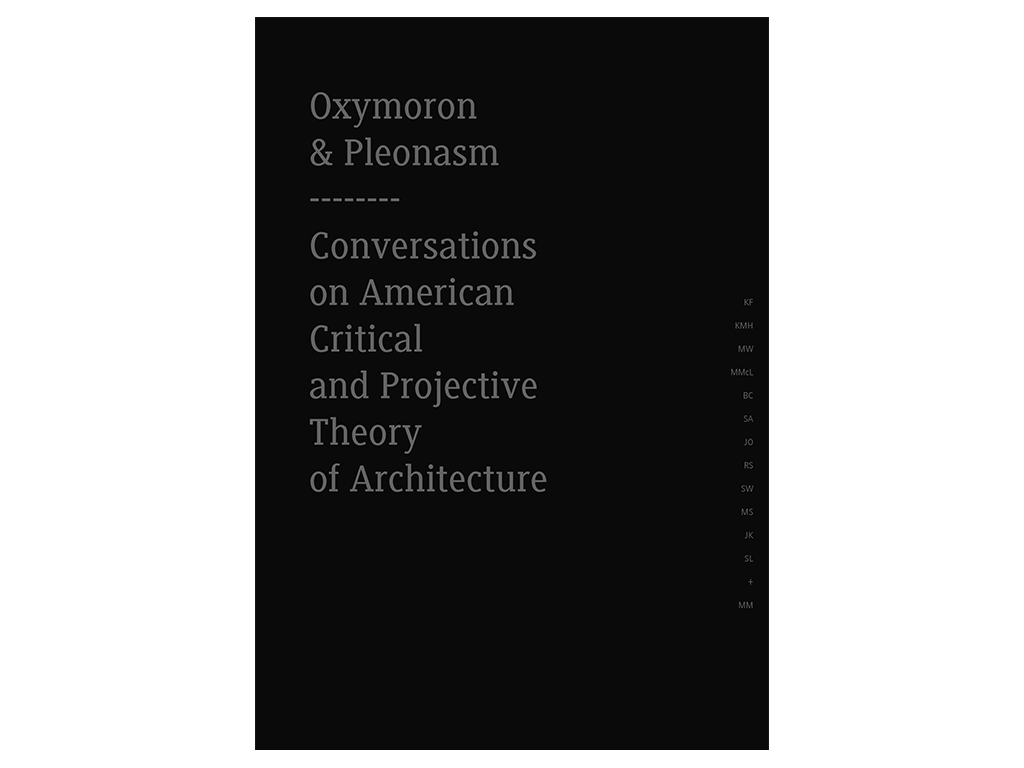Lionel M. Vead Jr. works for First Castle Credit Union in Louisiana, one of many companies that offer loans to people who, for different reasons, have difficulties getting them from a bank. Vead’s company is known for providing low-interest credit to buy cars on the condition that the client allows them to insert a device that immobilises the car should they fail to pay the stipulated repayments. Mr Vead has an app on his mobile that allows him to do this remotely and at any time. “Once I disabled a car while I was shopping at Walmart”, Vead excitedly told a journalist from the New York Times.
Let us stop for a moment to think about the implications of a system such as Mr Vead’s. The first thing that comes to mind is the injustice of the debtor being unable to defend his case. Can’t make your repayments on time? Well, you’ve got no car, and no chance to appeal to an authority to give your case or try to negotiate your debt. Even if there’s been no delay in repayments and it’s just a company mistake.
In a country like the United States, whose public transport system leaves something to be desired, leaving someone of little means without a car practically means condemning them to poverty.
And let’s consider the physical dangers this system entails. People have come close to being killed on more than one occasion when the car they were driving down the highway was blocked.
It’s easy to accuse Mr Vead and his company of immoral behaviour. We could also reflect upon the virulence of American capitalism; but we should not forget a detail that likely affects the readers of this book: someone had to design that app which Mr Vead has so proudly installed on his mobile. The app is probably the work of a small development team; an interface designer and programmer supervised by a project leader.
We tend to think of design as a practice without consequence. The good and evil is carried out by others. The designer is merely meeting the demands of his or her client. What use is made of the design is the client’s responsibility. A knife can be used to save someone’s life, thanks to open heart surgery, or kill them, etc. Yes, designers are just following orders. The Nazis also used that argument when they were put on trial. As Adolf Eichmann said, “we were mere instruments”. Obviously, the designer that came up with the app used by First Castle Credit Union is not a Nazi. It’s not about that. Seeing oneself as a mere instrument in the perpetration of an immoral act is something that humans have a habit of doing, even in the most sickening cases. We clean our hands, avoid assuming any kind of responsibility and shift the consequences of our acts to someone above us in the chain of command. We don’t alway act in this way. Clearly if we did, we’d live in a terrifying world, our actions dependent on the good fortune of working for an ethical boss. Obviously, we do have the capacity to make decisions, even if we are working for someone else. Psychologists talk about a sense of agency; that subjective feeling that we are in control of our own actions.
In this day and age when we are so reliant on technology, which affects almost every facet of our lives, designers have a great social responsibility and we need to contemplate the ethical implications of the products, interfaces or designs we want to put on the market. We cannot abandon our capacity to decide and act ethically. But we defend ourselves with trivial excuses to shirk our responsibilities: “it’s just a job”, “if I don’t do it, then someone else will”, “it’s not my fault if someone uses my design to do ill”, etc. By acting in this way, we’re renouncing our individual agency.
Part of the disconnect that designers have with ethics is due to the way in which these are addressed: as if they were something complex and subtle that only philosophers and spiritual leaders can understand. The 20th-century Austrian philosopher Ludwig Wittgenstein once said that “if a man could write a book on Ethics which really was a book on Ethics, this book would, with an explosion, destroy all the other books in the world”.
Science describes what exists so that we can understand it. Ethics, however, seek to establish that which should be, regardless of what exists. The fact that something exists or happens, doesn’t mean to say it is good.
Although all humans frequently lie, the expert on ethics tries to figure out if lying is good or bad, regardless of how often we do it. Even if we were to discover that humans have some kind of genetic territorial instinct that forces us to fight, a philosopher has the right to imagine what the world would be like without wars, and to say that this would be a better alternative to one in which they are commonplace.
The fact that philosophers deal with ethics as part of their profession does not mean that the rest of us can overlook them unless we have a PhD in philosopher or are witness to some kind of mystical revelation; it means that we have to use our emotions and intuition, together with a healthy dose of rationality, to determine if something is ethically correct or not, and then act accordingly. Ethics do not offer clear-cut solutions: there is plenty of room for greyness. What we cannot do is fool ourselves and believe that ethics and social responsibility should fall to the people that commission us and that we are simply “following orders”. Designers also have a moral responsibility that we have to put into practice.
Of course, this is no easy undertaking. Ethics are built up from values that arise from agreements, and which can be seen in ethical principles set out in documents like the Universal Declaration of Human Rights. When there is just one value at stake it is easy to make moral decisions. The data brokers that hack into databases to get the addresses of care centres for battered women to sell to abusers in search of their ex-partners are simply despicable. Most ethical dilemmas, however, are not so clear. That’s precisely why they are dilemmas, because they mean giving value to a series of principles and establishing which ones are most important. When there is no dilemma, there’s no need to make a decision. These only have to be made when there are different possible courses of action. Ethics help us to decide how to act.
Freedom of expression is certainly one important value. But so too are the rights to truthful information and dignity. If we design a social network, how can we manage the relevance of these values? Should we make freedom of expression the central value and give free reign to trolls and fake news? Should we leave it to the users to denounce abuse or should we get more directly involved in filtering this kind of input, designing, for example, a system of artificial intelligence that detects such acts of abuse? Clearly, leaving it to users would be less costly in monetary terms than designing and developing a system of this nature. But what about the cost to society incurred by these injustices?
A decision that might seem to be only about design may also be political. Consider the routine practice of trolls and the “outraged” on Twitter, who take a tweet from one person they vehemently disagree with, and retweet it with the addition of sarcastic comments or outright insults. Following this dynamic, a lot of people write absurd and outrageous things in a deliberate attempt to get the drivel they’re spouting retweeted. By disabling the possibility to retweet with a comment, we could stop this practice, but, at the same time, we would be infringing on users’ freedoms of expression and restricting their engagement with the platform. People would participate less and the company would lose money. How do we value all of this?
Likewise, the person who decided to design and program Mr Vead’s app took a series of design decisions that were also political. Such as deciding that a person who doesn’t pay back his debts on time has no right to appeal.
Technologies can resolve problems, but they inevitably create others. Sometimes the distress they cause can be of more consequence than the alleged solution, as is the case of Mr Vead’s app.
Most problems that technologies generate are simply new versions of age-old issues. Neither Twitter nor Facebook brought us trolls or fake news; these are elements of human society with a long history. But digital technologies are also bringing new problems with them that require us to rethink basic social and political issues. Companies like Uber have obliterated the distinction between employees and business owners. Big data and the capacity to create user profiles based on our endless online interactions allow people to be labelled according to very specific criteria. Consequently, details about our private lives are made available, when they were hitherto out of anyone’s reach, even in totalitarian states.
Designers should not be limited to taking a passive stance and believe they are simply “following orders”. The philosopher of technology Peter Paul Verbeek points out that designing is a way of practicing ethics. It is impossible to avoid our designs affecting people’s lives. If they are used, they will invariably have moral implications.
Neither should we be gripped by a sense of kierkegaardian dread, turning down a job with unclear ethical implications and losing a client. Politicians, scholars, engineers and entrepreneurs are all discussing and revising the social, cultural and ethical norms that will guide us in the future. It is crucial that designers do not limit themselves to complying with or rejecting these norms, and also participate in this debate, giving their opinion and supporting those values and principles that they believe are the most important for a happier, more open and caring society. We might find it hard, but we cannot forget that value is not just related to economics. Marshall McLuhan said that nothing is inevitable if we are willing to contemplate what is happening. As designers, we can do a lot more than contemplate and give our opinion: our designs can embody the values we believe in, thus giving us the chance to shape a better world.











